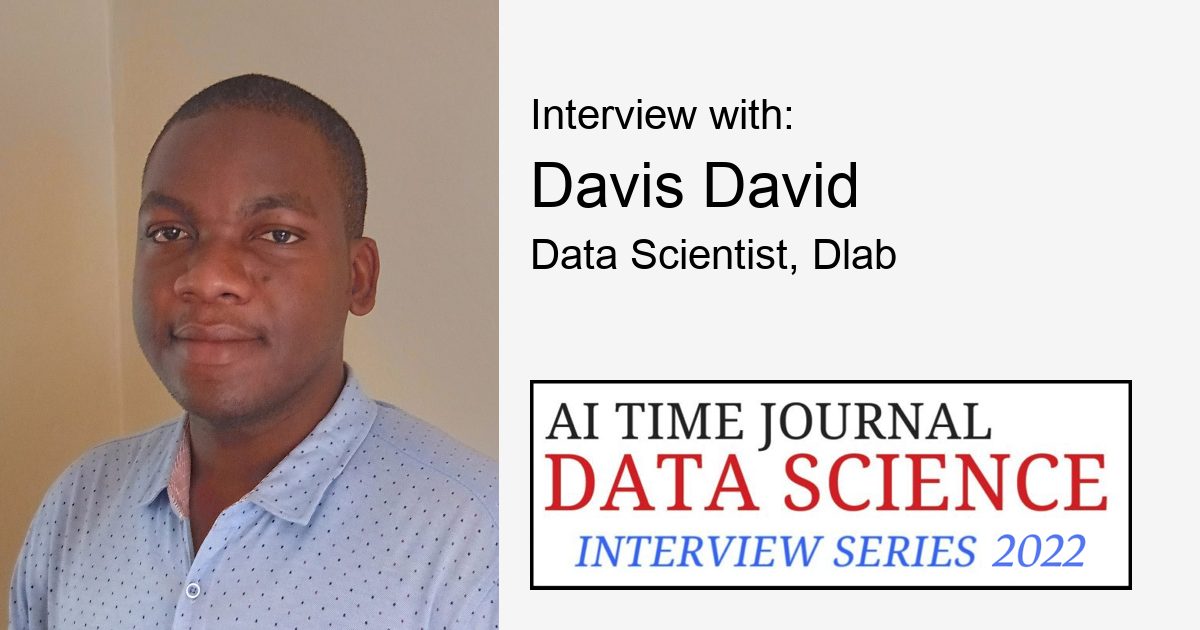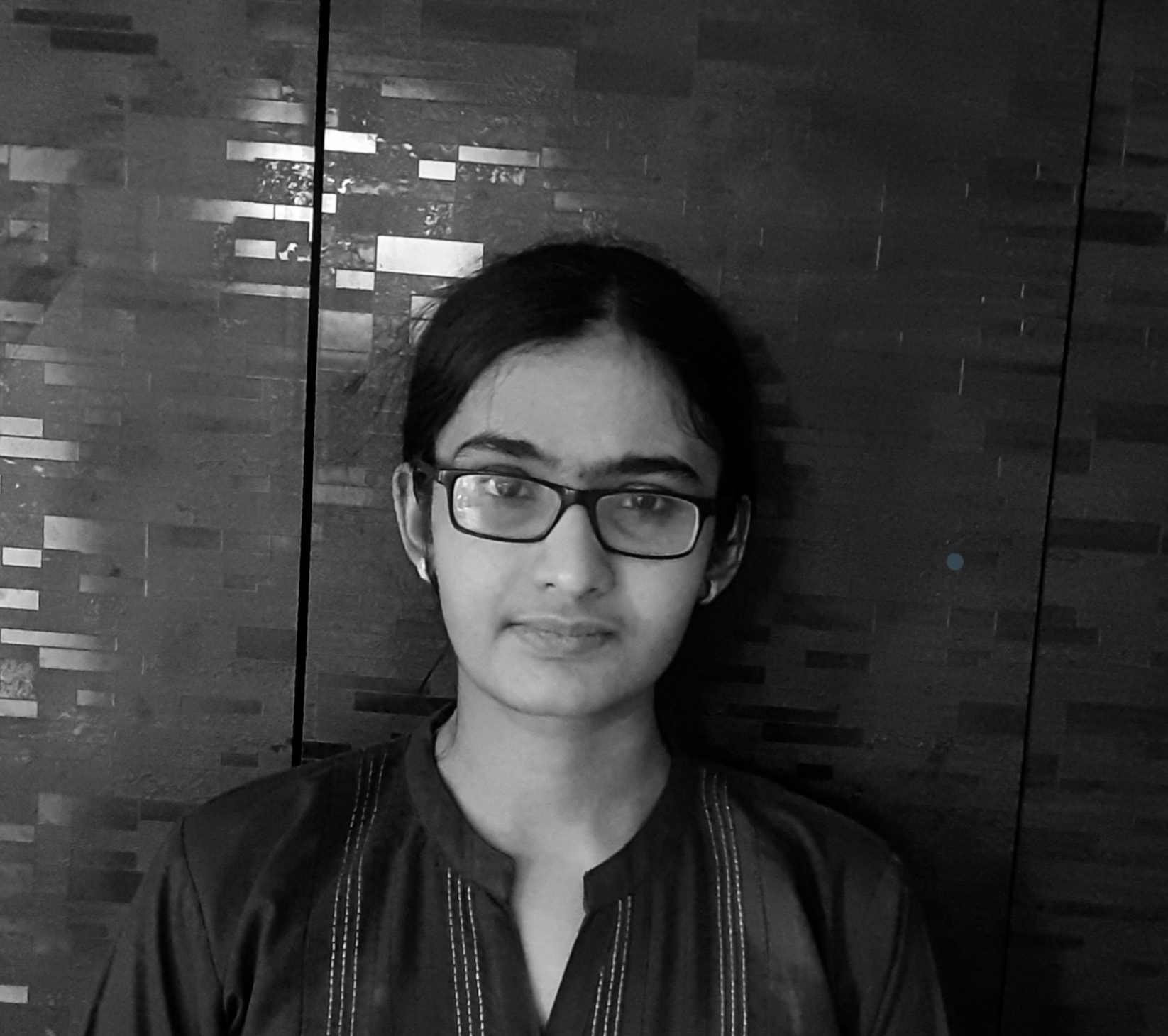
We thank Davis David from Dlab, for taking part in the Data Science Interview Series. Davis is a software engineer with a background in Computer Science, and a skilled data scientist with expertise in Natural Language Processing.
In this interview, he shares his data science journey and lessons from his experience, including:
- Academic Background
- Key Data Science Skills
- Useful Resources for Data Science
Academic Background
Bala: Could you please tell us about your educational background and how you got into Data Science?
Davis: I have a Bachelor’s degree in Computer Science from the University of Dodoma. I got into Data Science through the Python community during my time at the university. In my third year of undergraduate study, I started learning the Python programming language through online courses and community meetups. In the community, I was introduced to Data Science, its applications in different industries, and how I could use Python to start analyzing and visualizing data.
Key Data Science Skills and How to Acquire Them

Bala: What are the key skills that you use every day as a data scientist, and how did you develop them?
Davis: The following are key data skills that I use everyday:
- Data Mining
- Data Scraping
- Data Analysis
- Data Visualization
- Processing Large Datasets
- Exploratory Data Analysis
I developed these skills by reading technical articles and tutorials on various platforms such as Towards Data Science and DataCamp. I also take online courses and engage in different competitive platforms that provide datasets to solve real business problems.
Bala: What inspired you to learn data science and start working with data in a professional capacity?
Davis: Since my school days, I’ve always had a strong interest in mathematics.
I really enjoy to finding solutions to challenges that are connected to the world around me.
Since one of the basic foundations of data science is math (statistics, algebra, and probability), this inspired me to start learning more about data science and engage in different projects.
Bala: What advice would you give to someone who wants to get into data science today?
My advice for anyone who wants to get into data science is to learn by practicing. This approach helped me a lot to acquire the requisite skills and gain more experience.
You can practice and hone your data skills by participating in competitions to solve real-world challenges hosted on competitive platforms such as Kaggle, Zindi, and others.
By doing so, you’ll be able to discover areas for improvement and work on your skills accordingly. Reading books is also a great way to learn.????
Useful Resources for Data Science

Bala: Which books have helped you the most in your journey and why?
Davis: I’ve read various books related to machine learning and data science. Here, I present my views on two books that really stood out.
1. Machine Learning Yearning by Andrew Ng
The book “Machine Learning Yearning” by Andrew Ng helped me understand different techniques to consider when working on a data science project. This includes how to select the dev and test sets for various datasets, key factors to consider, and how to analyze errors (bias and variance).
2. Approaching (Almost) Any Machine Learning Problem by Abhishek Thakur
The second book, “Approaching (Almost) Any Machine Learning Problem” is authored by Abhishek Thakur. In this book, I was exposed to a variety of strategies for working on a machine learning project: beginning with establishing the environment and progressing all the way up to serving the model. This book is recommended for anyone who wants to improve their approach when working on machine learning projects or competing in machine learning competitions on kaggle, Zindi, and other platforms.
Bala: What courses or programs have significantly contributed to advancing your career in data science?

Davis: I’ve taken several online courses from both Udemy and Udacity that helped me grow in my data science career. Here are some of the courses from these platforms that I recommend going through:
- Deployment of Machine Learning Models
- Data Visualization with Tableau
- Natural Language Processing: NLP with Transformers in Python
Bala: Could you please suggest guests from the industry, whom you’d like us to feature in the data science interview series?
Davis: I would like Mr. Kalebu Gwalugano to be featured in this interview series. He is a software engineer, machine learning engineer, and founder of Neurotech. Neurotech is an African startup that is building conversational AI solutions and infrastructure for developers to easily build industry-ready natural language processing solutions for African languages.
